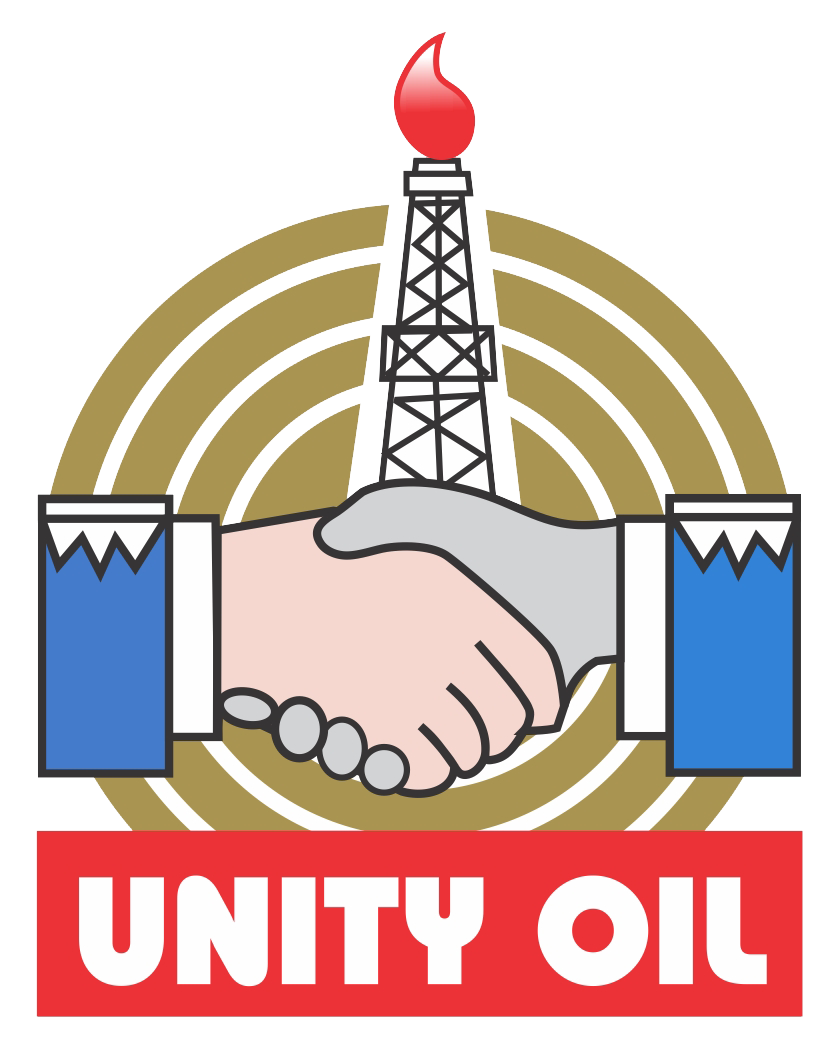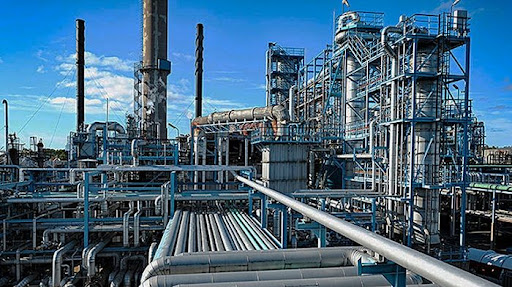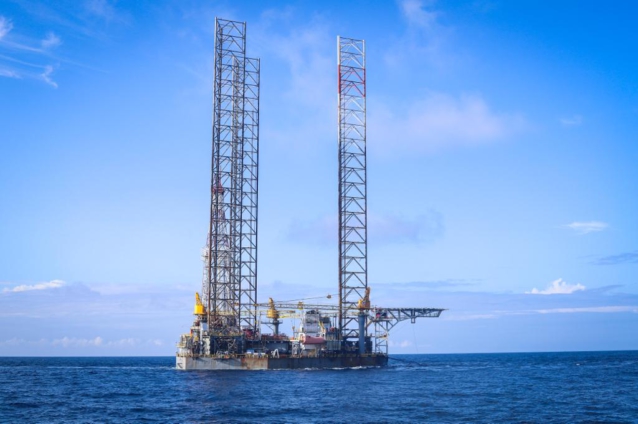Exploring Ghana’s Oil and Gas Sector
Ghana’s Oil and Gas sector comprises three (3) segments namely upstream, midstream and downstream. The upstream focuses on the exploration and production of oil and gas. The midstream comprises storage, and production. Downstream operations cover refineries, marketing, petroleum products distributors and plants. In Ghana, however only two segments prevail, as the midstream is combined with downstream.
Since 2003, the oil and gas sector in Ghana encountered significant growth, particularly since the discovery of oil 2007 at Cape Three Points and Deepwater Tano by Tullow Oil Ghana, propelling the country into the league of oil producing countries. in commercial quantities in the Jubilee fields in 2007. Most of the major oil and gas operations are done by IOCs such as Tullow Ghana, Cosmos Energy, ENI, ExxonMobil and Hess Ghana Limited. Their sub-contractors include Schlumberger, Baker Hughes, Weatherford, Ocean Rig and Technip. Since Ghana’s first commercial oil lifting took place, over 4.7 million barrels of crude oil have been produced, at an average of 80,000 barrels per day.
The Ghana National Petroleum Corporation (GNPC) is the national oil company which manages interests of the Government of Ghana (GoG) in each oil block in addition to undertaking exploration, development and production. Furthermore, it has the directive to discover oil in the country.
Laws and regulations have been put in place by GoG and regulatory bodies for the orderly operations of the oil and gas industry. Key laws are the Petroleum Revenue Management Act 2011 (Act 815), the Model Petroleum Agreement, the Petroleum Exploration and Production Act 2016 (Act 919), the Petroleum Commission Act 2011 (Act 821), the Local Content and Participation Act 2013 (L.I 2204) and the Petroleum Income Act 1987.
The Role of the Downstream Regulatory Body – The National Petroleum Authority (NPA)
An Act of Parliament (NPA Act 2005, ACT 691) set up the National Petroleum Authority, mainly to modulate the downstream in Ghana. As a Regulator, the Authority guarantees that businesses stay effective, productive, equitable, and guaranteeing that buyers get value for money.
The NPA manages, supervises and tracks the downstream for productivity, development and the satisfaction of shareholders. This includes being transparent, implementing tasks with the highest degree of perfection and upgrading service delivery and production.
Among NPA’s functions are the following:
- Licenses and permits for the operations in the downstream sector.
- Ensure fair pricing of petroleum products in accordance with the prescribed petroleum price formula.
- Protect the interest of consumers and petroleum service providers.
- Initiate and conduct investigations into standards and quality of petroleum products offered to consumers.
- Approve charges for the provision of petroleum services within the downstream industry.
Pricing of Petroleum Products
The prices of petroleum products, which have gradually increased since 2003, are regulated by an independent board. The nation consumes significant volumes of petroleum products. Furthermore, the importation of crude oil contributes to a significant proportion of gross domestic product (GDP).
The three main factors affecting petroleum pricing in Ghana include government policies (taxes and levies), the exchange rate (Forex) and global crude oil pricing. Taxes, levies and margins are added to the ex- refinery prices to produce the ex-pump prices. The taxes and levies per litre include, Excise Duty, Energy Debt Recovery Levy, Road Fund Levy and Energy Fund Levy amongst others. Each tax component and margins also attract about 17.5% Value Added Tax (VAT) which consumers pay.
Exchange rates are not stable in Ghana since the value of the Cedi keeps depreciating against the US dollar. As a result of this, consumers usually pay more when buying fuel at pump sites (petrol stations).
As prices of global crude oil increases, prices of fuel in Ghana are probable to also increase even if the local currency (Cedi) is stable. Exchange rate and crude oil pricing directly feeds into ex-refinery price of the petroleum products.
The oil and gas sector in Ghana promise to generate environmental, security and developmental threats, very similar to those which have been encountered by Nigeria. However, the sector commands enormous resources which can be channelled into providing community-based projects and other CSR activities in Ghana. Being a member of the EITI, Ghana is required to ensure transparency and accountability between companies, stakeholders and the government.
Threats and Opportunities
The impact of energy on the global climate especially regarding gas eruption and oil spills lead to, respiratory detriment, liver damage, decreased immunity, increased cancer risk, reproductive damage and higher levels of some toxics for citizens around the zones for petroleum exploration.
Ghana is a net importer of oil-based goods even though the country produces oil. This is not because of production may be on a small scale but solely due to the unavailability or lack of midstream infrastructure facilities to engage in petroleum processing, refining, and storage, as well as the export of the final produce for the country to achieve energy sufficiency and security.
Furthermore, global price volatility and pandemics such as COVID19, has negatively impacted petroleum revenue sustainability. Moreover, the maritime border dispute with Côte d’Ivoire to the west and other maritime boundary disputes with neighbouring countries may have had a negative impact.
The Petroleum Exploration And Production (General) Regulations has recently been amended to allow for the drilling of more wells within existing producing fields where the contractors identify prospects of outlying petroleum reserves.
This amendment is expected to be a game changer in increasing oil production at minimum additional cost and make existing PAs more attractive while incentivising other IOCs considering investment opportunities to consider Ghana, as the economics of exploration in Ghana may be more compelling. Contractors seeking to take advantage of this amendment would have to apply to the Ministry of Energy, to that effect. The amendment is also expected to yield increased revenue for the country from petroleum activities in the short-term via increased engagements with GNPC.
The amendment, however, poses a risk – the nation’s reserves may be depleted at a faster rate. There were concerns that authorising contractors to continue exploration operations in a producing field would diminish the Government’s revenue from taxes and its participating interests in the producing fields as the contractors would seek to offset the costs of the exploration operations from the receipts from petroleum sales. However, it is seen that whilst West Africa produces extensive measures of oil and gas, a greater proportion is sent outside of the region. Experts have suggested that activities should be focused on converting gas to power, and to channel resources into sustainable power.




